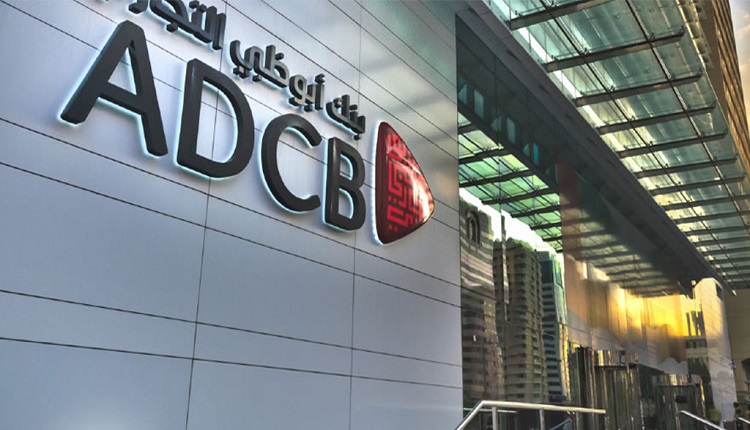Several Abu Dhabi-based banks orchestrated attacks on Doha’s economy during the 2017 Gulf Cooperation Council (GCC) crisis in hopes of damaging its ability to host the 2022 World Cup.
Qatar has settled a lawsuit it had filed against Emirates NBD Bank PJSC and Abu Dhabi Commercial Bank PJSC in November 2020, over claims that both entities attempted to devalue its local currency during the 2017 GCC crisis.
During the regional rift, Saudi Arabia, the UAE, Bahrain and Egypt imposed an illegal air, land and sea blockade on Qatar over unfounded accusations that Doha was supporting terrorism—claims it vehemently denied.
According to a Law360 report published on Monday, the case was resolved on 6 January, 2022, after Judge David Foxton signed the deal at the High Court in London.
In the initial court claim, Qatar sought over £100 million (at least $130 million) from the Emirati banks after it accused them of becoming “unjustly enriched” through manipulating the Qatari riyal’s indices in New York.
Furthermore, Qatar claimed that Emirates NBD Bank and Abu Dhabi Commercial Bank caused damaged to Doha and its citizens by “unlawfully” interfering in its economic interests even before July 2017.
The legal news website added that measures taken by the Emirati banks to harm the Qatari economy included “fictitious quoting” and “crossing transactions”.
Doha News reached out to Qatari authorities and Abu Dhabi’s Government Media office for comment but received no response from either.
‘Financial warfare’
The lawsuit against the two UAE-based financial entities was separate from previous legal action Qatar had taken against banks in New York and London in 2019, for launching “a campaign of financial warfare” on Doha.
The London lawsuit was filed against Luxembourg-based Banque Havilland and its former employee Vladimir Bolelyy, for orchestrating an attack on the Qatari riyal.
That cost Qatar $40 billion as it pumped money into its economy to support its currency and resulted in the liquidation of nearly $3 billion in US Treasury bills and notes that were held in New York.
Whilst the New York lawsuit was filed against First Abu Dhabi Bank and Saudi Arabia’s Samba Bank, over similar accusations.
A statement by Qatar’s Government Communications Office (GCO) at the time said that the Gulf state proceeded with legal action based on an investigation into market manipulation that it had announced in December 2017.
“While the financial market manipulation failed in its efforts to undermine confidence in the Qatari riyal and Qatar, it nonetheless caused economic losses and Qatar is compelled to take the actions necessary to call to account the financial institutions that engaged in illegal market manipulation,” the statement added.
Qatar accuses UK financier of ‘brazenly’ hiding evidence in Banque Havilland case
In turn, Banque Havilland defended itself by denying “any allegations of wrongdoing or improper conduct made by the State of Qatar”.
Moreover, a report published by Bloomberg in 2020 found direct links between the Abu Dhabi Crown Prince Mohammed bin Zayed, commonly known as MBZ, and Banque Havilland.
The news agency found that the bank created a presentation in 2017 that planned out the manipulation strategy and was sent to MBZ by former MI6 agent, Will Tricks.
The Qatari riyal hit a record low at the time and did not recover until November of the same year, as Bloomberg reported.
GCC post-Al Ula
Several other legal proceedings were carried out by Qatar throughout the GCC crisis in a number of legal bodies, including the International Court of Justice, International Civil Aviation Organisation and the World Trade Organization (WTO).
A number of those lawsuits have been dropped since the signing of the Al Ula declaration on 5 January last year, which saw the restoration of diplomatic ties between the blockading quartet and Qatar.
Less than a month into the accord, Qatar sent a notice to the WTO to suspend the case it filed against the UAE during the beginning of the crisis, over measures related to “trade in goods and services, and trade-related aspects of intellectual property rights.”
More recently, Qatar and Saudi Arabia agreed to pause their dispute over the findings of a report by the WTO regarding copyright theft of Doha’s beIN Sports by Riyadh, in 2017.
Follow Doha News on Twitter, Instagram, Facebook and Youtube







